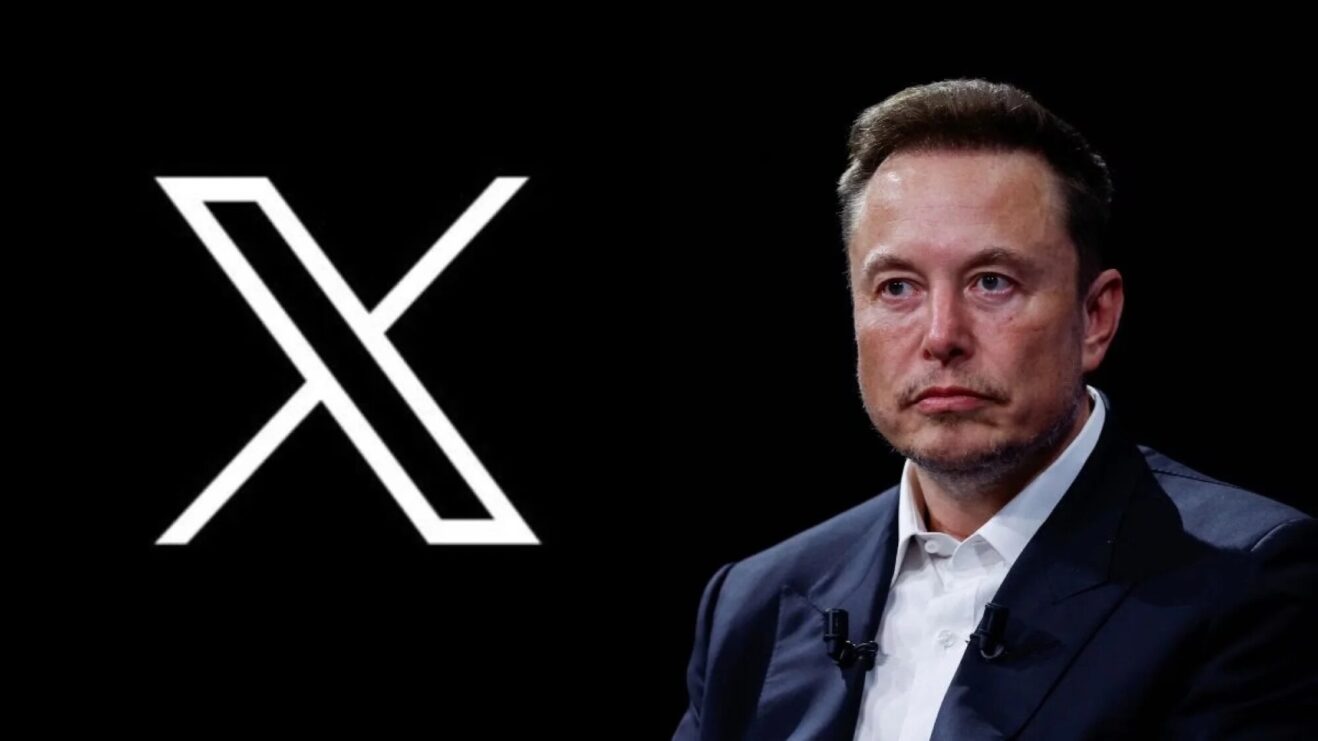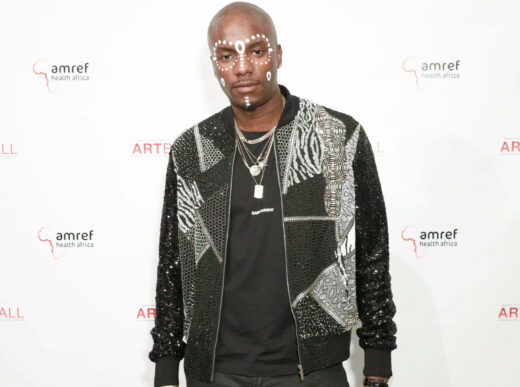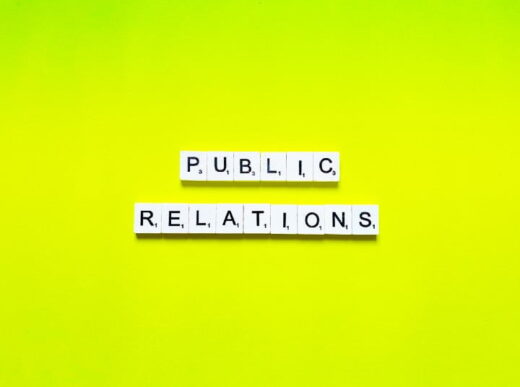Twitter, now rebranded as X, faces accusations of attempting to “bully” anti-hate campaigners into silence through threatening legal action. The Center for Countering Digital Hate (CCDH) alleges that X Corp, the owners of Twitter, accused the CCDH of making “troubling and baseless claims” in its reports about the platform. This clash comes after Elon Musk purchased Twitter, pledging to uphold free speech. However, the platform has faced criticism for not doing enough to combat hate speech and misinformation. The tensions escalated further when X Corp’s lawyer sent a letter rejecting CCDH’s claims, raising allegations of funding support from X Corp’s competitors and government entities. In response, CCDH refuted the claims, asserting its independence and dedication to advocating against incitement, hate speech, and harmful content online. This article examines the dispute and the broader implications for free speech and tackling hate speech on social media platforms.
The Accusations and Counterarguments
The CCDH raised concerns about Twitter’s handling of hate speech and misinformation, which led to a letter from X Corp’s lawyer, Alex Spiro, disputing the campaign group’s allegations. Spiro criticized CCDH’s methodology and characterized their report as inflammatory, misleading, and unsupported. Additionally, he alleged that CCDH received funding support from X Corp’s commercial competitors and government entities, suggesting possible biases.
CCDH, in its response, refuted these claims, stating that it does not accept funding from social media companies or government bodies, ensuring its impartiality in praising or criticizing platforms. The organization’s lawyer, Roberta Kaplan, described X Corp’s letter as a “disturbing effort to intimidate” advocates against hate speech and harmful content online.
Political and Public Backing
British politicians and public figures expressed support for CCDH’s work in highlighting hate speech on social media. Damian Collins, a British MP on the UK board of CCDH, criticized Elon Musk’s apparent lack of commitment to free speech when facing criticism of his firm. Shadow Culture Secretary Lucy Powell MP praised CCDH for its efforts in combating disinformation and hate speech on social media platforms.
A Battle Over Free Speech and Hate Speech
Elon Musk’s acquisition of Twitter and subsequent rebranding as X sparked discussions about the platform’s approach to free speech and hate speech. Former employees accused the platform of not doing enough to counter hate speech and misinformation, while Mr. Musk claimed that hate speech was decreasing. The controversy surrounding the platform’s decision to reinstate Kanye West after an almost eight-month ban further fueled debates over its content moderation practices.
Conclusion
The accusations and counterarguments between X Corp and CCDH underscore the complex challenges that social media platforms face in combating hate speech and misinformation while upholding free speech principles. The clash highlights the importance of transparency, accountability, and unbiased reporting in addressing these critical issues. As the debate over social media regulation continues, it remains crucial for platforms like Twitter to strike a delicate balance between enabling free expression and curbing harmful content. The outcome of this dispute could have significant implications for the future of online discourse and content moderation on social media.















